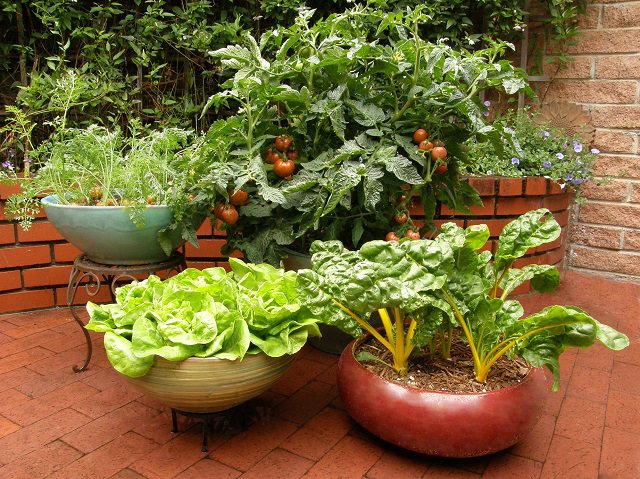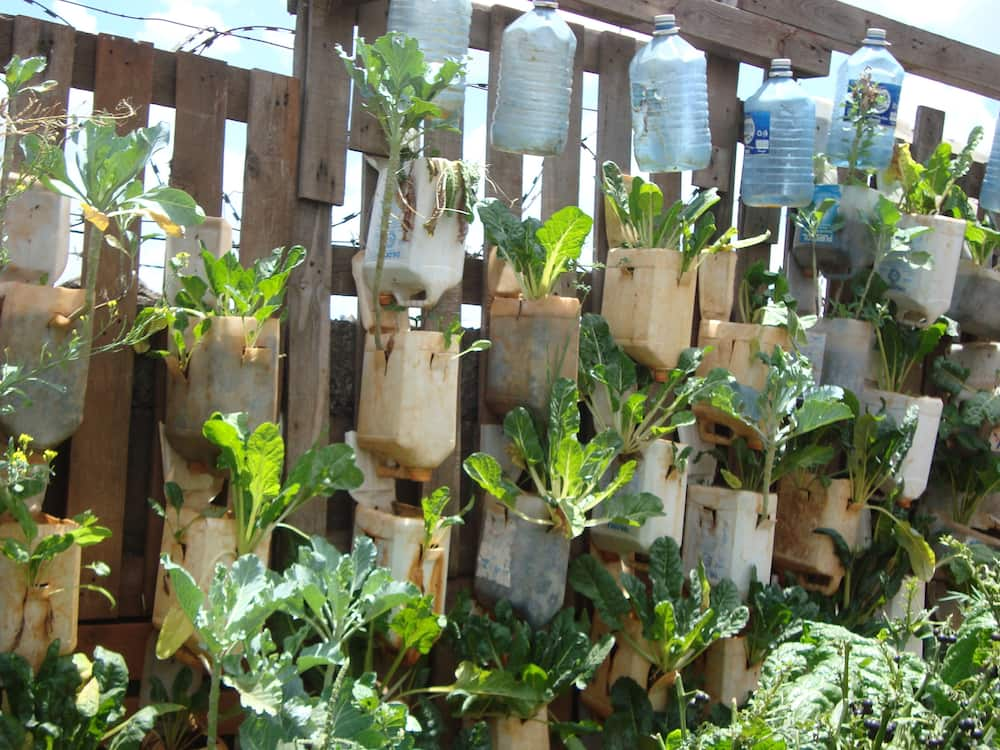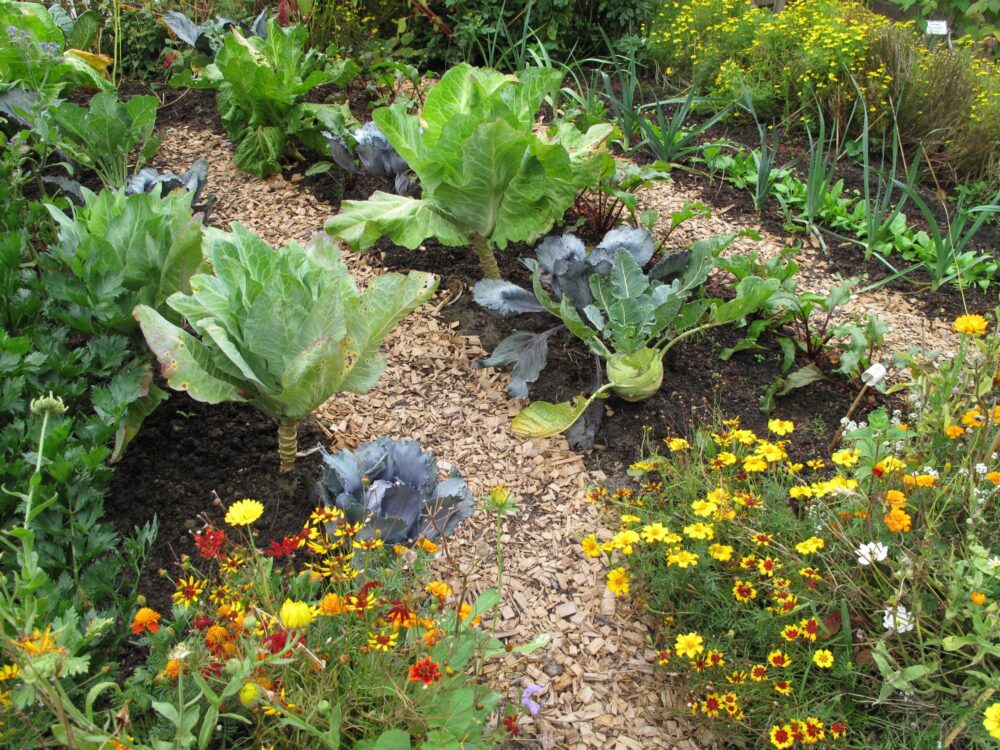Vegetables and condiments are experiencing a new wave of extraordinarily high prices in urban centres. The higher production cost of vegetables, the demand-supply gap, and disruptions in distribution are among the major factors responsible for the observed price hike. These are further compounded by ineffective price control by the district administration and the lack of a policy framework to boost vegetable production in the country.
Undeniably, vegetables have gone out of reach, even for the middle class. People look towards the government to take price control measures, but under the free market mechanism and with the current human and institutional capacity of government entities, price reduction seems next to impossible.
In the given situation, urban kitchen gardening (growing vegetables inside the house) can be a viable option for households facing the challenge of high prices and/or a short supply of fresh and contamination-free vegetables.

Households don’t need a lot of space to keep small and vertically growing vegetable varieties; a backyard, rooftop, terrace, or balcony can easily be used for this purpose. Even a container placed on a windowsill can provide some fresh and healthy food. Though one can’t grow all vegetables in-house, it still puts some quality food on the table while decreasing household expenditures on food.

Additionally, placing containers on the rooftop has the added benefit of lowering the roof temperature, lowering the house’s air-conditioning costs. Moreover, to address atmospheric pollution, kitchen gardens can be proven as the best carbon sinks in overpopulated cities.
Several government and/or civil society-sponsored campaigns to promote home-grown vegetables in our cities have previously failed to reap the intended results because extended support to households was just limited to the distribution of free vegetable seeds along with a short pamphlet of instructions. Undoubtedly, the majority of urban dwellers are convinced of the idea, but they face some barriers to adoption.
First, it is reasonable to say that growing vegetables is not simple but entails somewhat technical tasks like selecting high-yielding seeds and seedlings, preparing soil media, proper and timely sowing of seeds, applying balanced nutrients, and control of pests and diseases. Therefore, unless and until these operations are made simple for everyone, large-scale expansion will remain a dream.
Second, the upfront cost is a major consideration. Likewise, if someone wants to abandon kitchen gardening after starting, sunk cost should be minimum.
Third, the kitchen gardening initiative should be in sync with the prevailing living style of most households in cities, characterized by seeking higher convenience, doorstep delivery and service component along with physical products.
In view of these factors, instead of giving seeds to households, the provision of plants (of a few days) already grown/transplanted in a pot, container, or bag may solve several challenges being faced by households.
A pack of liquid/granular fertiliser and safe pesticide — with a small hand sprayer — can further facilitate the buyers.
Since several vegetables mature in 35-40 days, buyers need to irrigate the plants and apply fertiliser — relatively easy tasks — for just around a month to get produce. With the application of natural compost and extra care, even organic vegetables could be grown.
In every town, dozens of private nurseries sell ornamental as well as fruit plants, which can serve as ideal suppliers for vegetable plants and seedlings as they already have the space, facilities, and expertise to add a new product line to their product mix — vegetables.
Private sector companies offer several products/hardware against a refundable security deposit in order to decrease the entry and exit barriers for customers. One notable example is bottled water companies’ home delivery of large water bottles (19 litres).
Likewise, nurseries may offer plants grown/transplanted in containers that would be exchanged with new containers once the previous plants go out of season after a few months. Home delivery, online ordering, home planting services, and a helpline coupled with how-to videos can further provide convenience to buyers.
However, the biggest challenge is initiating change whereby a few private sector players (nurseries) can start this business model in any large city. To kick-start, government entities and civil society organisations, which have been running campaigns to promote home-based vegetable production, can better channel their funds through nurseries to get sustainable results on a large scale.
As Pakistanis face severe economic insecurity, high food inflation, and declining real income, urban kitchen gardening has never been as important as it is today for common households. Its widespread adoption will help achieve food self-sufficiency and encourage a more sustainable lifestyle. Next spring season — an ideal time to start kitchen gardening — is only a few weeks away.










